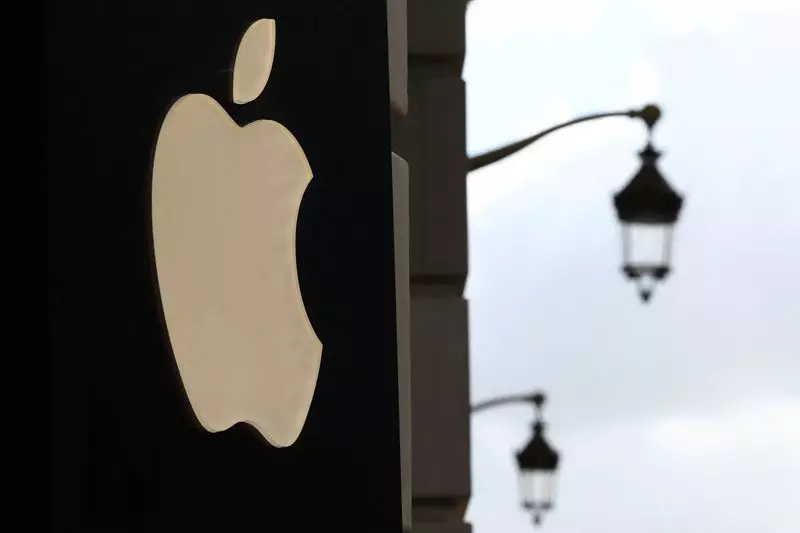Apple’s App Store has long been a source of high profit margins and steady revenue for the tech giant. However, in a major concession, Apple announced changes to comply with the European Union’s Digital Markets Act (DMA), allowing developers to distribute their apps directly to consumers. This move could potentially impact Apple’s financial gains from the App Store, where it charges developers fees of up to 30%.
The changes implemented by Apple in Europe mean that developers will have the freedom to distribute apps to EU customers directly from their own websites, bypassing the App Store. While this may reduce the level of control and revenue for Apple, it is likely to still remain a significant source of income for the company. However, developers must still adhere to terms and conditions set by Apple and be authorized developers.
Apple has introduced a “core technology fee” of 50 euro cents per user account each year, even if developers choose not to use Apple’s App Store or payment system. This fee, along with the continued necessity to meet Apple’s requirements, demonstrates that there are still limitations and conditions attached to the new distribution model. This indicates that while Apple is making concessions, it is not completely letting go of control over its ecosystem.
The DMA aims to rein in major tech companies like Apple, Amazon, Google, and Microsoft to create a more level playing field for smaller rivals and encourage competition in the market. The changes brought about by the DMA will allow users in the EU to install apps from alternative app marketplaces in iOS 17.4 and later, promoting a more open and competitive environment.
Apple’s decision to open its ecosystem in Europe comes at a challenging time for the company, as it faces declining revenue and demand for its smartphones, particularly in markets like China. The company has also faced pressure from regulators and antitrust fines, highlighting the growing scrutiny over its business practices. The changes announced by Apple, including the allowance for developers to set up alternative app marketplaces and promote in-app deals, reflect a shifting landscape in the tech industry.
While Apple’s concessions in Europe mark a significant departure from its previous control over the App Store, the tech giant is still navigating challenges and regulatory pressures. The impact of these changes on developer profit margins and the overall App Store revenue remains to be seen, but it is evident that Apple is adapting to a changing regulatory environment and competitive landscape in the technology sector.

